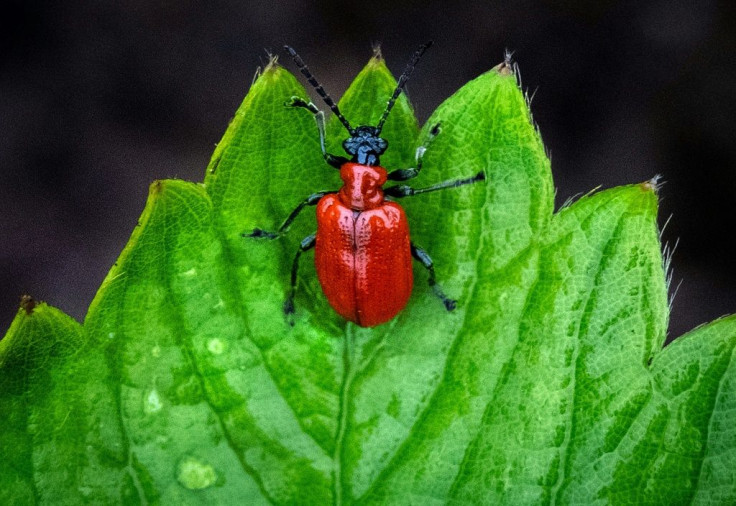Plants Can Camouflage Odours To Avoid Being Eaten: Study
Plants in dense tropical forests are able to mask their chemical scents in order to avoid being detected and eaten by insects -- a key advantage in the "information arms race" between themselves and plant-eating herbivores, according to a new study.
International researchers from Europe and North America examined 28 species of insects and 20 plant species in Chamela-Cuixmala, a tropical forest reserve on the western coast of Mexico.
Their research -- published Thursday in the journal Science -- sheds light on how individual members of "complex plant communities" evolve to emit similar odours, a pack mentality that keeps them alive and confuses hungry herbivores.
"Easily distinguished odours are to the herbivores' advantage and plants' disadvantage," said Professor Phil Stevenson, a researcher at Britain's Royal Botanic Gardens, Kew.
"So, we have an information arms race. Plants want to avoid being located and eaten so do their best to smell like other plants."
Thursday's study was the first time scientists were able to analyse the interactions between such a wide variety of plants and insects, lead author Pengjuan Zu at Massachusetts Institute of Technology said.

Previous attempts to understand the cat-and-mouse evolution game between plants and insects relied on the study of only individual plant species in controlled environments.
This is a far cry from the ensemble of plant and insect species that coexist in real-life forests, the authors wrote.
To do this, Zu collected chemical odours emitted by nearly two-dozen plant species in silicon tubes, which were then brought back to Kew to be analysed.
Through a combination of "information theory" -- a technique for understanding communication patterns in humans -- and existing understandings of evolutionary biology, scientists were able to construct models of these plant-herbivore communication networks.
"We now know that all the chemicals produced by plants carry information which has an important role in chemically camouflaging plants in a complex plant community," Zu said.
The study could also help scientists better understand how information is passed between different species in the food chain, such as carnivores and insect-eating herbivores -- potentially paving the way for future research.
"Herbivores, consequently, have to evolve to be finer tuned with the information for locating specific plant hosts," Zu said. "The information can be further shared by carnivores that hunt insect herbivores, resulting in an information chain along the food chain."
© Copyright AFP 2024. All rights reserved.





















